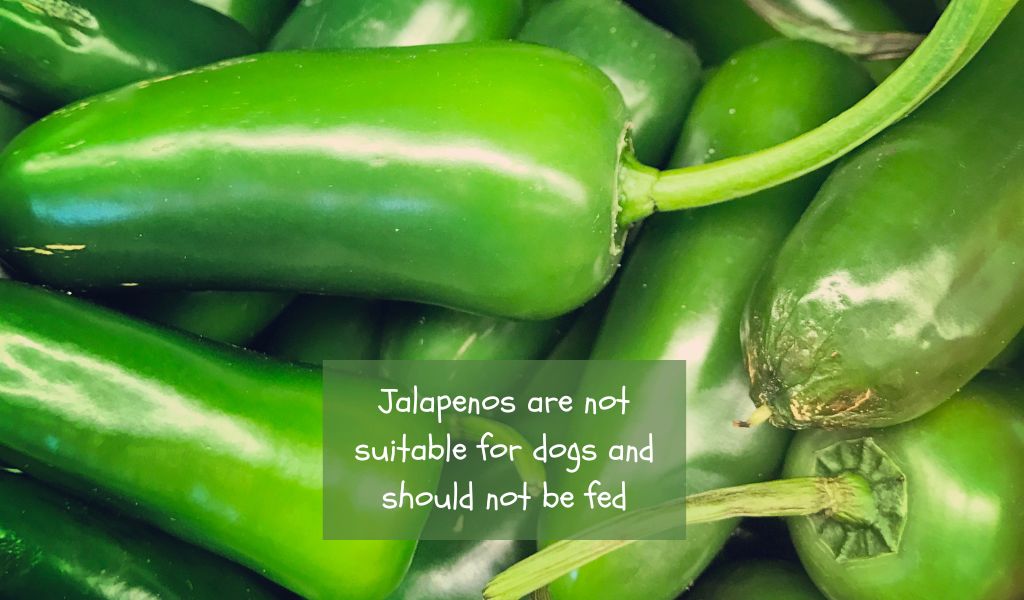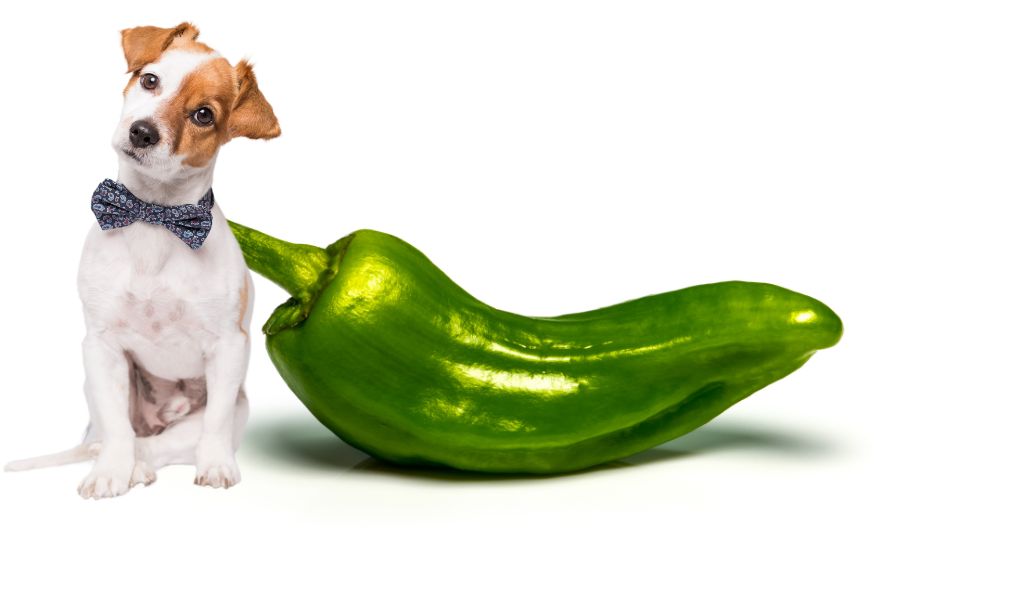As a dog owner, you want to provide the best for your pet. This includes ensuring that their diet is healthy and nutritious.
But with so many different foods available, it can be difficult to know what is safe for your pet to eat.
One food that is often a source of confusion is jalapenos. Can dogs eat jalapenos?
The short answer is no, dogs should not eat jalapenos. Jalapenos contain capsaicin, which is a substance that can irritate a dog’s digestive system and cause discomfort. In severe cases, ingesting jalapenos can lead to more serious health problems, such as vomiting and diarrhea.
The dangers of jalapenos for dogs
Jalapenos contain capsaicin, which is a compound that gives the pepper its characteristic heat.
Capsaicin can irritate a dog’s digestive system, causing symptoms such as vomiting and diarrhea. In some cases, it can also cause burns to the mouth, tongue, and esophagus.
Ingesting large amounts of jalapenos can also lead to more serious health problems, such as pancreatitis.
This is a condition in which the pancreas becomes inflamed and is unable to produce digestive enzymes properly. This can lead to vomiting, diarrhea, and dehydration.

What to do if your dog eats jalapenos
If your dog has ingested jalapenos, it is important to monitor them for any signs of discomfort.
If your dog has accidentally ingested a small amount of jalapenos, there is no need to panic. Most dogs will be fine, and any symptoms should resolve on their own.
If you are concerned, it is always best to consult your vet.
If you notice any symptoms, such as vomiting or diarrhea, it is important to contact your veterinarian right away.
Your vet may recommend giving your pet activated charcoal to absorb any remaining capsaicin in their system.
In severe cases, your vet may need to hospitalize your pet for observation and treatment. This could include intravenous fluids to prevent dehydration and other medications to help control symptoms.
Jalapenos contain a compound called capsaicin which gives the pepper it’s heat. This can irritate a dog’s digestive system which can lead to vomiting, diarrhea and potentially more serious illness that could lead to hospitalisation.
Keep jalapenos away from your dog
The best way to keep your dog safe from the dangers of jalapenos is to keep them away from the peppers altogether.
This means storing jalapenos in a secure place where your dog cannot reach them, and supervising your pet when they are near any foods that contain jalapenos.
You should also be cautious when preparing jalapenos, as the oils from the peppers can easily transfer to your hands, clothing, or other surfaces.
This can be harmful to your dog if they come into contact with the oils, so it is important to wash your hands thoroughly after handling jalapenos.
Safe foods for dogs
While jalapenos are not safe for dogs to eat, there are many other foods that can provide your pet with the nutrients they need.
Some of the best foods for dogs include:
Meat: Chicken, beef, and fish are all good sources of protein for dogs.
Vegetables: Carrots, green beans, and sweet potatoes are great options for adding fibre and vitamins to your dog’s diet.
Rice: White rice is a good source of carbohydrates for dogs, and can be a great addition to their meals.
Dairy: Cheese and yogurt can be great sources of calcium for dogs, but it is important to choose low-fat options.
By providing your pet with a balanced and nutritious diet, you can help ensure that they stay healthy and happy.
You can also consult with your veterinarian to determine the best diet for your specific pet, taking into account their age, breed, and health status.
Stick with proper dog treats





Final Words
In conclusion, jalapenos are not safe for dogs to eat and can cause a range of digestive and health problems.
It is important to keep jalapenos away from your pet and to monitor them for any symptoms if they have accidentally ingested any.
By providing your pet with a balanced and nutritious diet, you can help keep them healthy and happy for many years to come.
If you have any concerns about your pet’s health, always consult with your vet for the best advice and treatment options.




